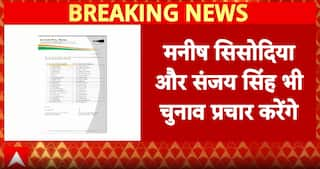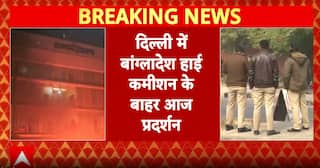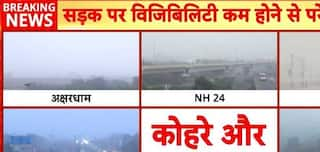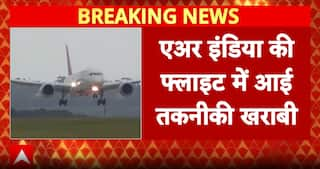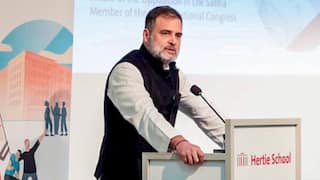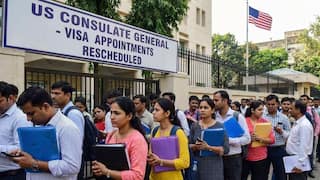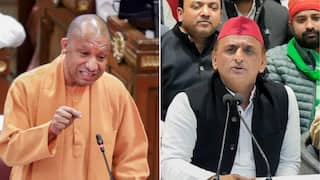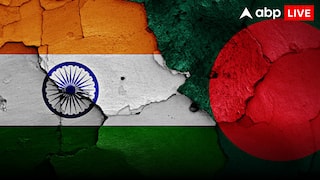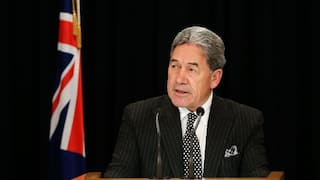Kunal Kamra Case: Bombay HC Delivers Split Verdict On Petitions Against New IT Rules 2023
The Bombay High Court has delivered a split verdict on the pleas by satirist Kunal Kamra and others challenging the new IT Amendment Rules, 2023. The matter will now be placed before a third judge.

The Bombay High Court on Wednesday delivered a split verdict on the pleas by satirist Kunal Kamra and others challenging the new IT Amendment Rules, 2023. The matter will now be placed before a third judge.
According to the new IT rules (2023), the government can ask social media intermediaries (like Facebook, Twitter, etc.) to remove any news related to the ‘business of the Central Government’ that was identified as ‘fake, false, or misleading’ by a fact-checking unit established by the Central government. Political satirist and comedian Kunal Kamra moved a writ petition in the Bombay High Court against this provision in the new IT Rules.
While Justice Gautam Patel ruled in favour of the petitioners, Justice Neela Gokhale upheld the new amendment, the Live Law reported. According to the report, Solicitor General Tushar Mehta for the time being has assured the division bench of the high court that the Fact Check Unit will not be notified for another 10 days.
ALSO READ | Explained: Kunal Kamra Case In Bombay HC And The New IT Rules His Petition Challenges
The high court has further allowed to the petitioners to move an application before the appropriate forum for seeking further extension.
In April 2023, the Ministry of Electronics and Information Technology (MeitY) notified the new Information Technology (Intermediary Guidelines and Digital Media Ethics Code) Amendment Rules, 2023 (IT Rules 2023).
Kunal Kamra, Association of Indian Magazines, News Broadcasters of Digital Association & Editor's Guild of India had moved the high court challenging the new IT rules.
According to Kamra's petition, the new IT Rules 2023 are in conflict with Section 79 of the Information Technology Act, 2000 (IT Act) and the Supreme Court's judgment in Shreya Singhal v Union of India (2015) case.
They said that the new rules are a deviation from the prescribed procedure in Section 79 of the IT Act. The said section is a provision that protects social media intermediaries from liability for content posted by users. Under Section 79(3), the social media intermediaries must remove content when asked by the Centre. However, Kamra has said that according to the Shreya Singhal judgment the Centre can issue such notifications only through a court order.
Kamra challenged the new IT Rules 2023, saying that they have enabled the Centre to avoid court, and act as both the ‘Judge and the Prosecutor’.
Kamra further challenged the rules on the grounds that they are violative of Article 14, 19(1)(a) and 19(1)g of the Constitution. He has described the rules as contrary to the principles of natural justice and restrictive of freedom of speech.
In the Shreya Singhal judgment, Section 66A of the IT Act was struck down by the Supreme Court as unconstitutional because it suffered from the ‘vice of vagueness’. Kamra has challenged the phrase ‘business of the Central Government’ in the IT Rules 2023 for being ‘overbroad and vague’. According to his petiotion, these restrictions on speech by the government crosses the scope of reasonable restrictions to freedom of speech under Article 19(2).










